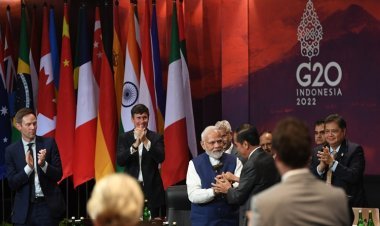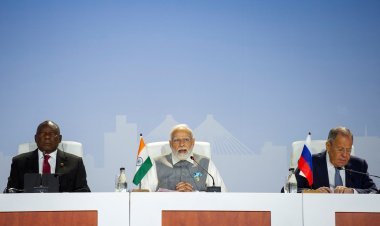PM Modi's success in softening Ukraine war discussed in global media, this is how everyone agreed
Host Prime Minister Narendra Modi has prepared the final agreement by making significant changes at the level of language in the G-20 conference declaration regarding the Ukraine war. For the two-day summit meeting of the G-20, a consensus had been reached among the member countries on the issues of environmental change and economic development, but there was a difference of opinion among the member countries regarding the condemnation of Russia's attack on Ukraine.

Host Prime Minister Narendra Modi has prepared the final agreement by making a lot of changes at the level of language in the G-20 Summit's Delhi declaration regarding the Ukraine war. This attitude of Host Modi is much softer towards Russia than America and other Western countries.
India has succeeded in achieving a seemingly impossible consensus on the issue of Ukraine. For this, the host country India worked day and night to sign agreements with emerging economies like Brazil, South Africa, and Indonesia. Playing an important role in this direction, the Delhi Manifesto was released unanimously on the very first day of the conference.
For the two-day summit of the G-20, consensus had been reached among the member countries on the issues of environmental change and economic development, but there was a difference of opinion among the member countries on the condemnation of Russia's attack on Ukraine. To overcome this hurdle, diplomats were continuously working on preparing a draft that would be acceptable to everyone at the linguistic level.
The American newspaper New York Times says that after a lot of struggle, instead of mentioning Russia's waging of war against Ukraine or aggressive attack in the Delhi Declaration, each camp agreed on this topic by including the suffering of the people of Ukraine. However, there was little hope of reaching a consensus on this this year.
Russia's G-20 Sherpa Svetlana Lukash said that the conference in Delhi was historically complex. In the 15-year history of the G-20, a more difficult target has never been achieved. It took twenty days before the conference and five days in Delhi to finalize this manifesto. Whereas US President Biden deepened relations with Modi by maintaining silence.
At the same time, BBC says that the format of the Delhi Declaration was made in such a way that Western countries and Russia paid attention to the positive aspects, but the language in condemning Moscow was not kept as harsh as it was in Bali last year. The manifesto even calls for a war in Ukraine rather than against Ukraine.
It was due to this choice of words that the manifesto probably got Russia's approval as well. Another big news came when Modi formally declared the African Union (AU) as a permanent member of the G-20. With this decision, India will soon be seen competing with China's influence in Asia and Africa. According to the Guardian newspaper, the Delhi Manifesto is a big victory for India.
According to Sky Nyju, Modi wanted to show that he could erase many dividing lines in the world and he managed to create a consensus on the very first day of the G-20 summit. This shows that he is capable of resolving differences between different countries, but to what extent does one have to go to achieve this success?
According to the Sydney Morning Herald, Modi worked to boost India's image at the summit and tried to shift the G-20 spotlight from Ukraine to trade, infrastructure, investment, and environmental change. According to Pakistani newspaper Dawn, Russia was not condemned in the manifesto.
For Latest News update Subscribe to Sangri Today's Broadcast channels on Google News | Telegram | WhatsApp


































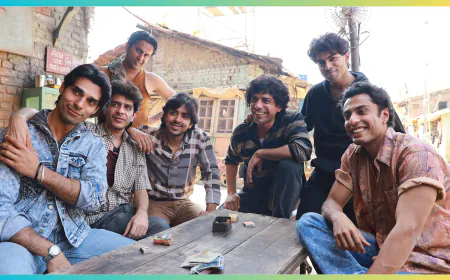





















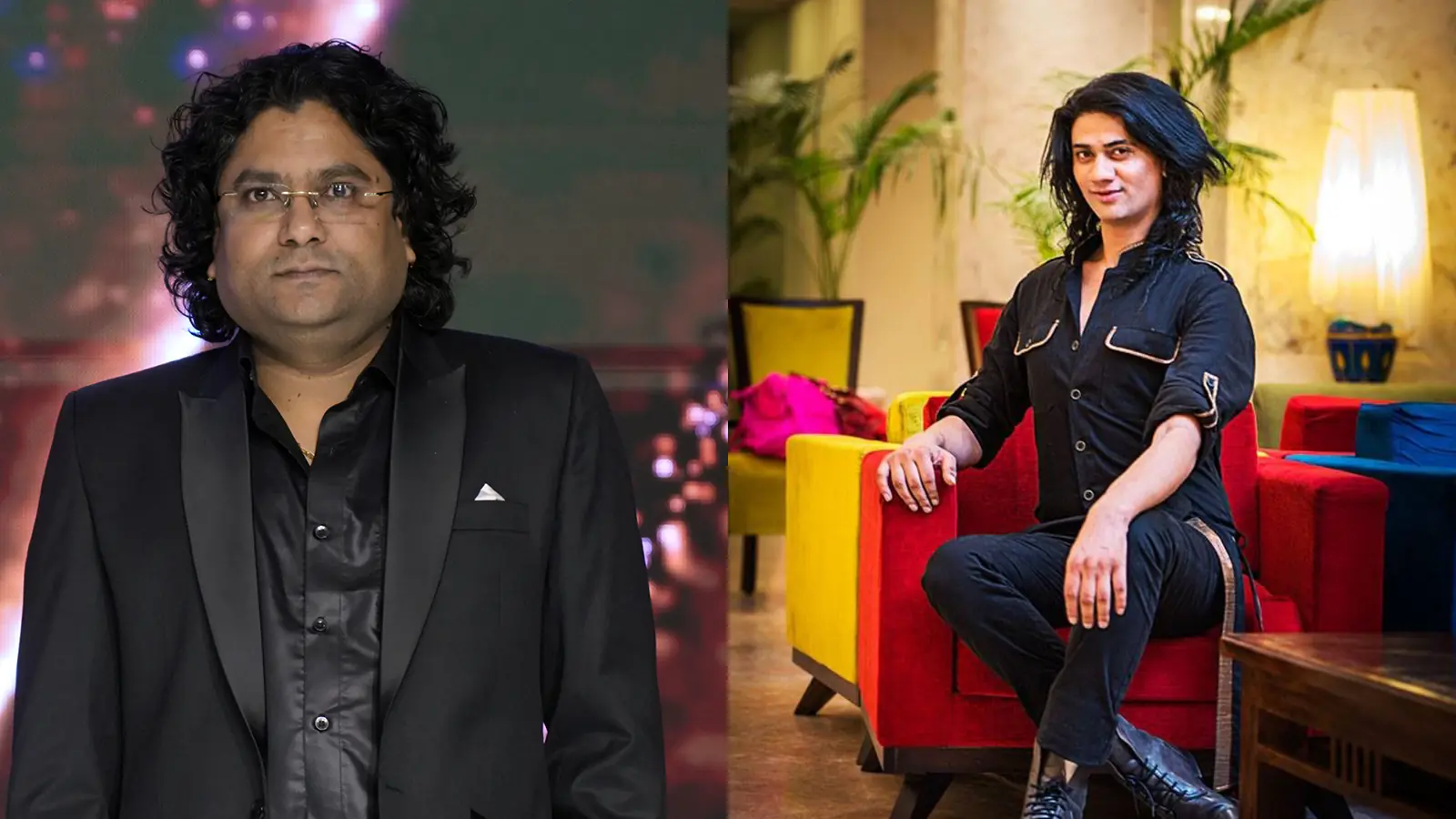






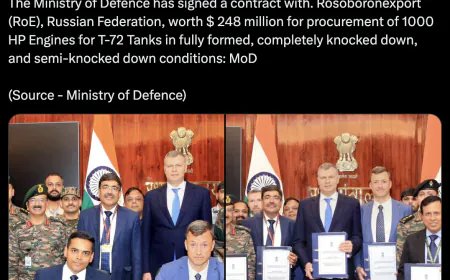


















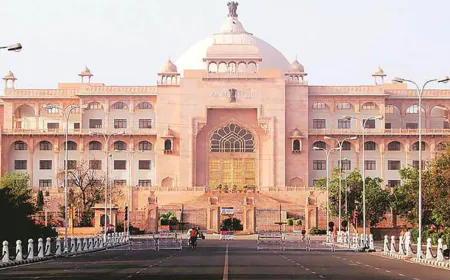

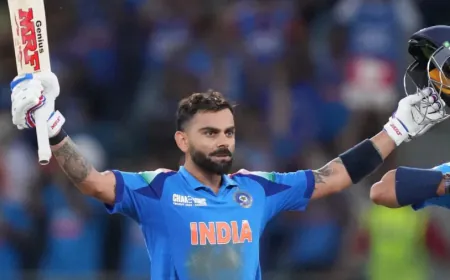







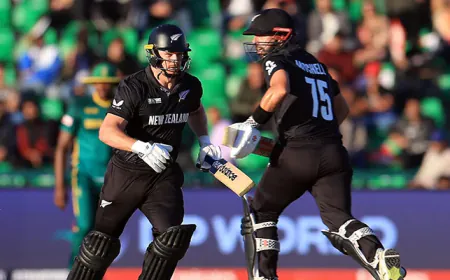
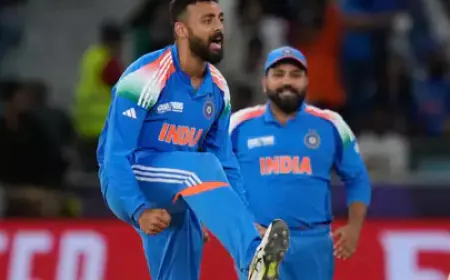
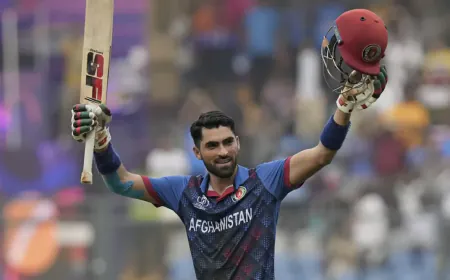


















.jpeg)



